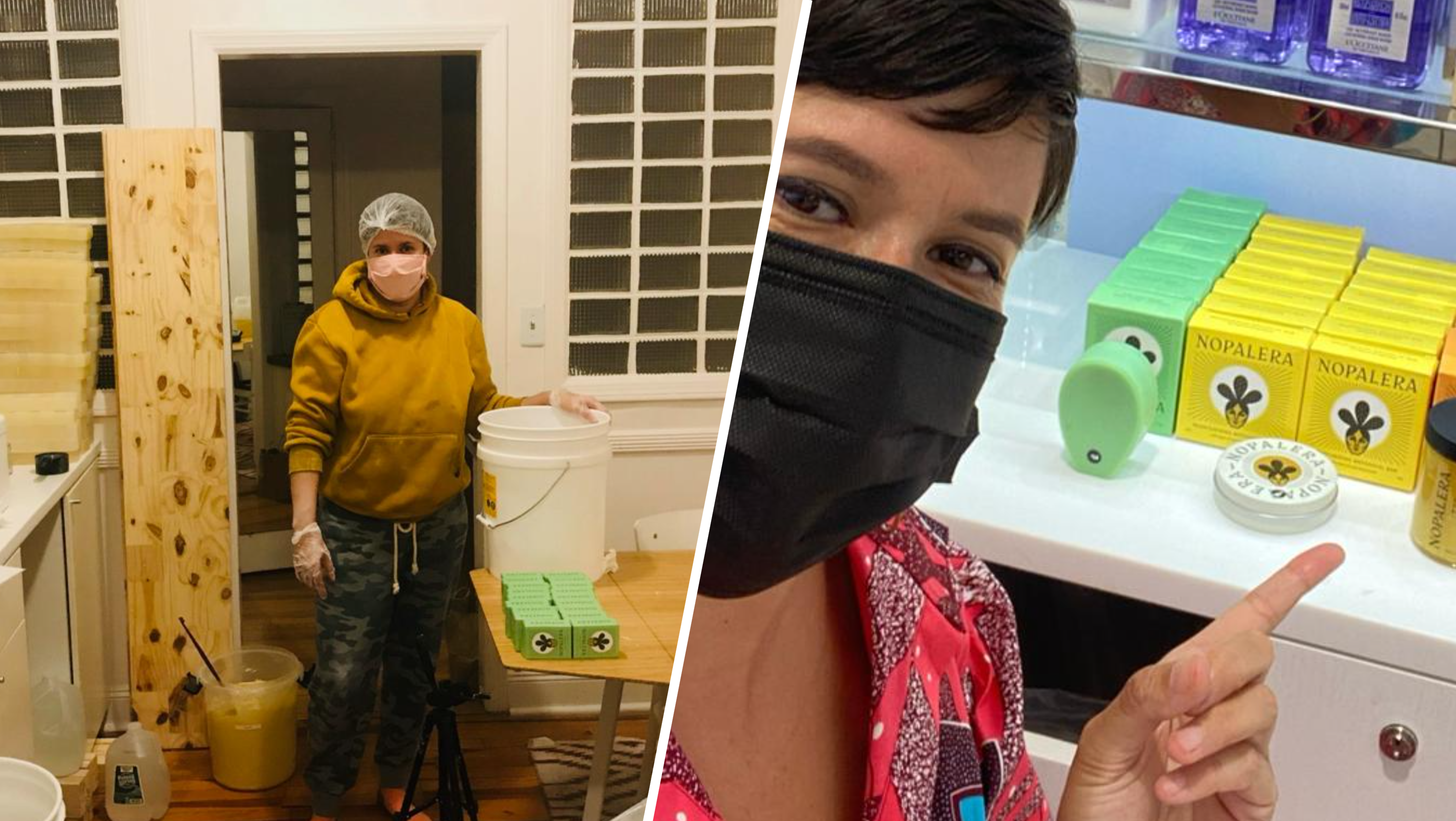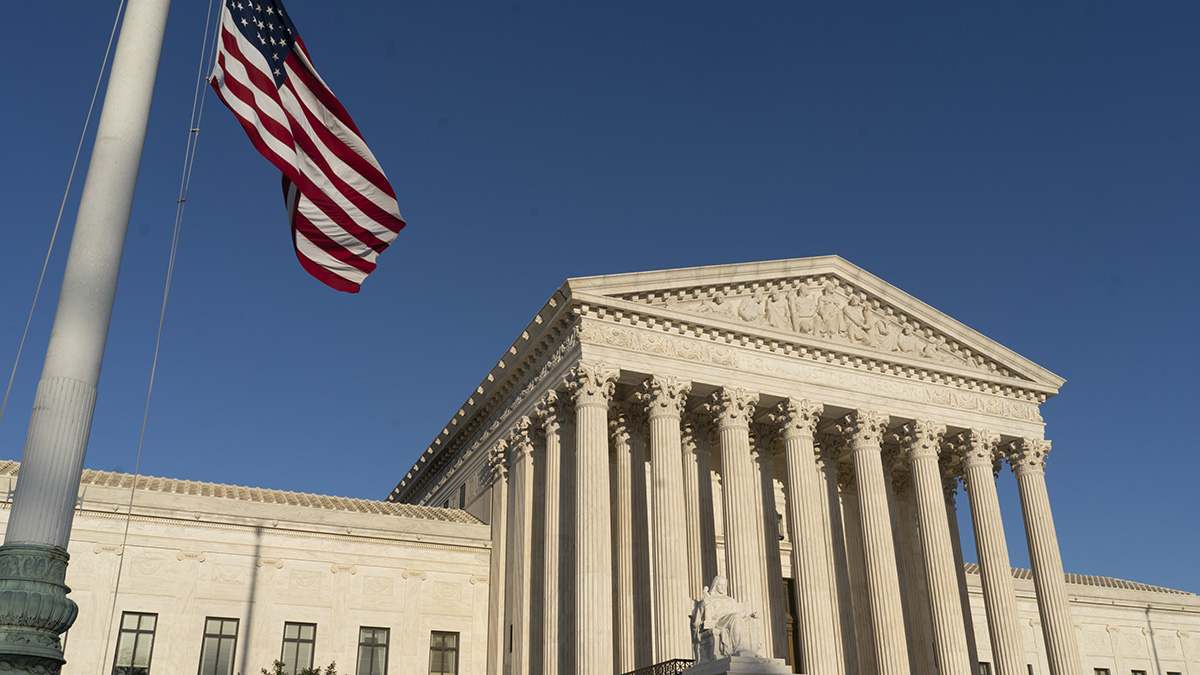What to Know
- Zombie houses, many of which are a lingering legacy of the foreclosure crisis a decade ago, continue to haunt Massachusetts.
- Local authorities are turning to a state program as another weapon in the fight to clean them up.
- Despite a red-hot real estate market, Massachusetts has hundreds of abandoned homes from Springfield to Dedham, Weymouth to Worcester.
Catherine Grosmaitre and her family love their spot in Arlington.
To the left is the stunning calm of Spy Pond, with well-kept million dollar homes nestled around it.
But pan right, and find a house enveloped in a sea of trees and debris, bringing down the entire neighborhood.
The owner died in 2016 and no one had stepped forward to take the house or deal with what lay inside.
“We don’t know who could come in and what could happen,” she said.
Zombie houses like that one in Arlington continue to haunt Massachusetts, many of which are a lingering legacy of the foreclosure crisis a decade ago.
U.S. & World
These properties have been abandoned for one reason or another, with owners unable or unwilling to fix them. They can be fire hazards, devolve into drug dens or become a magnet for crime.
And then ultimately, it’s taxpayers that pay the price.
But local authorities are turning to a state program as another weapon in the fight to clean them up.
The Arlington Health Department condemned the house next to Grosmaitre’s, dubbing it a fire trap and noting a “hoarding situation.”
Beyond being a fire risk Arlington health inspectors said a property like the one next to Grosmaitre’s also draws pests like rats that do not abide by property lines.
“These problems don’t pick the neighborhood,” said Dan McAuley, an attorney. “It’s a legal problem and could happen anywhere.”
McAuley is one of a number of people who become receivers of problem properties, appointed by courts to rehab and resell rundown, vacant buildings.
According to recent RealtyTrac data from Attom Data Solutions, one in four residential properties is vacant in the US.
Abandoned Massachusetts Properties
Click on each location in your area to see more information about the property.
Data: Massachusetts Attorney General's Office
Despite a red-hot real estate market, Massachusetts has hundreds of abandoned homes from Springfield to Dedham, Weymouth to Worcester. Many are bank-owned, a legacy of the financial crisis a decade ago.
“We’ve seen party houses, homeless, drug dens, foreclosures where half boarded, people living in the other half,” McAuley said. “The ultimate problem usually is there’s some legal clog...in the title, the bank, the owners.”
A bank-owned two-family building in Haverhill sat empty for two years before a judge appointed receiver Jonathan Cody to fix it up.
He had just finished renovating when squatters broke in and yanked out about 18 cents worth of copper piping, letting water gush through the house for weeks.
“There was two and half feet of water in the basement,” Cody said. “This entire ceiling, the ceiling from the hallway had collapsed. It looked like a waterfall from the second floor there was so much water.”
Some communities are much harder hit than others. Haverhill has its fair share of vacant properties, a draw for crime.
“Gangs, guns, and drugs, that’s the problem in all the Gateway cities, so we want these streets fixed up.” Said Haverhill Mayor James Fiorentini.
The city of Haverhill has stepped up patrols, planted trees and pushed to get homes repaired. But frustrated by inaction and blight, they’ve turned to the Attorney General’s Abandoned Housing Initiative for help.
“First of all, we’re law enforcement. So we’ll send demand letters to the owners of these properties, to the banks that own these properties demanding that they take action and step forward and clean them up,” Attorney General Maura Healey said.
If they don’t, the court appoints a receiver to make repairs. Receivers like McAuley said the renovation is not a flip, with expensive fixtures and all the bells and whistles to get top price.
“No, you’re getting it up to code,” McAuley said. “It’s a very regulated process.”
If, in the end, an owner or heir refuses to pay for the fixes, the receiver can try to foreclose. But the city or town gets paid first off any sale. Since 2013, 135 cities and towns have recouped nearly $2 million in back taxes.
Zachary Visinho is a recovering addict training to be a counselor. He bought one of the rehabbed properties in New Bedford for $40,000 under market value.
“I won the lottery, both literally and figuratively,” Visinho said.
To prevent flipping and to maintain stability in the neighborhood, Visinho had to commit to keeping the house for 15 years or face a penalty.



